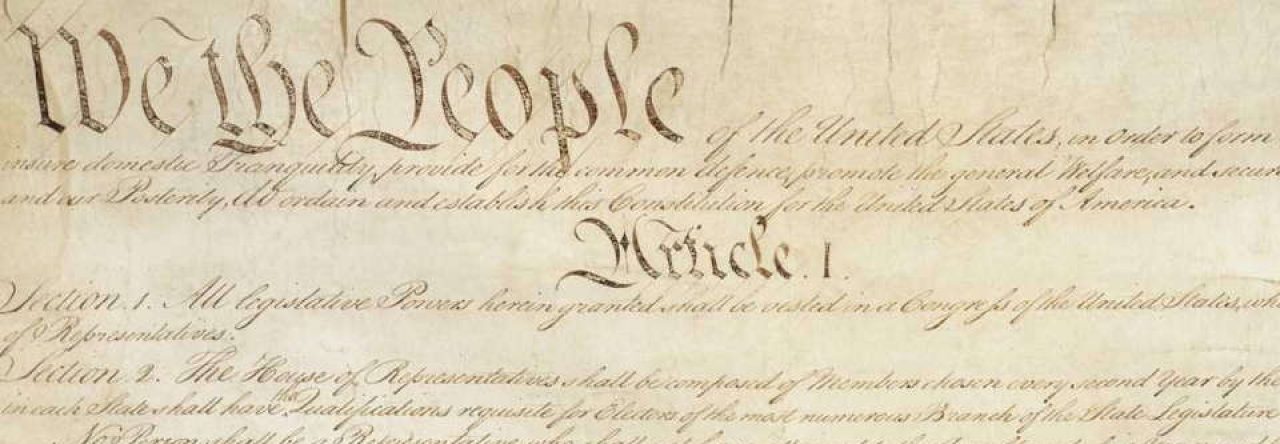Claim: The insanity defense allows guilty individuals to fake incompetence and avoid punishment.
Response: "The complaint that this defense allows large numbers of criminals to avoid conviction and punishment is simply unfounded" (Morse 1985).
This widespread concern garners no support from concrete data. Of all defenses in criminal and federal trials, it is estimated that the insanity plea is raised in less than two percent of cases. Of the small amount of times the defense is employed, it is successful in less than twenty six percent of them (Bonnie 1983). The rarity of the insanity plea arises from the fact that there is little benefit to pleading the defense unless the defendant actually suffers from mental illness. Empirical data indicates that mental health professionals are between ninety-two and ninety-five percent accurate in discerning whether an individual is feigning mental illness (Gracheck 2006). To plead insanity, an individual must admit that a criminal act did occur. If individuals are faking insanity, there is a high chance it will be detected by experts. In the event that defendants are not acquitted by reason of insanity, their admission of guilt renders them responsible for the crime and unable to negotiate for sentencing (Gracheck 2006). To plead insanity, it would only be advantageous for an individual to admit guilt if they were highly confident a psychologist would confirm their insanity.
Therefore, contrary to popular belief, there is actually an incentive to avoid self-incrimination by admitting mental illness only when it actually exists.
